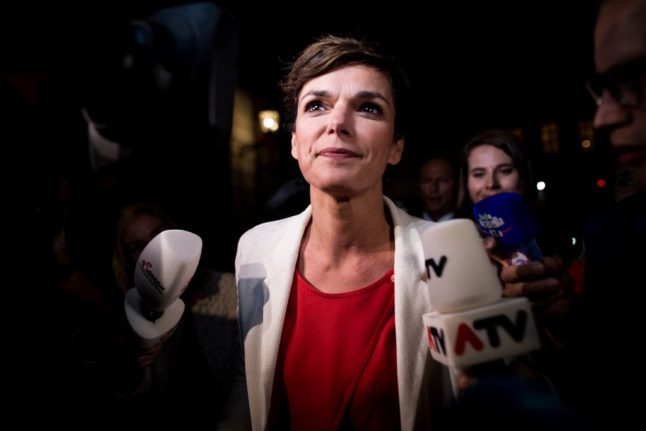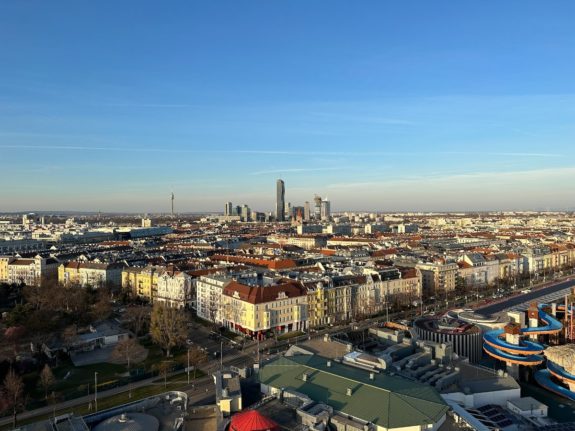‘Lockdown needed’ says opposition SPÖ leader Pamela Rendi-Wagner
SPÖ leader Pamela Rendi-Wagner says Austria should lockdown soon, in order to stop the “worrying upward trend” of infections which risk overwhelming the country’s intensive care units, she told the Ö1 “Morgenjournal” on Friday.
She said school closings or an extension of the Easter holidays, should be “the last resort”, the Der Standard newspaper reports.
Deaths fall in care homes
Deaths are falling among people in retirement homes, due to the vaccination campaign, figures from the Ministry of Health show. Patient advocate Gerald Bachinger is now calling for the visiting rules to be relaxed.
Scientist Niki Popper has urged the vaccination campaign to now focus on people aged 65 and over as these make up a large proportion of intensive care patients.
He says if this “vaccination gap” is closed, further openings are possible in May, broadcaster ORF reports.
Paper version of Digital Green Certificate for travel
Austria’s Ministry of Health has said there will also be a paper version of the EU Commission’s proposed Digital Green Certificate for travel. This would be in addition to a mobile application, which should also allow access for the elderly. Every second person between 65 and 74 uses a smartphone in Austria, according to the newspaper Wiener Zeitung
End in sight for border controls in Tyrol?
Austria’s Chancellor Sebastian Kurz showed confidence in a visit to Berlin on Thursday that the German border controls to Tyrol will soon be ended.
Kurz: ‘The danger is the virus, not the vaccine’
After his meeting with the German Interior Minister Seehofer, Kurz said he was assuming “that if the infection process continues to develop so well in Tyrol”, the controls could be ended within two weeks, according to the APA agency.
FPÖ deputy in intensive care with coronavirus
The deputy chairman of the FPÖ party, Manfred Haimbuchner, is intensive care on a ventilator after contracting Covid 19. He tested positive for the corona virus on 11th March, two days after allegedly attending a baby shower with up to 30 people in his home town of Steinhaus near Wels, broadcaster ORF reports.
AstraZeneca vaccine ‘central’ to Austria’s rollout
Health Minister Rudolf Anschober has said the AstraZeneca vaccine is central to Austria and the EU’s vaccination programmes because the drug does not need to be heavily refrigerated, is easier to transport and can also be used by GPs.
AstraZeneca vaccine ‘safe and effective’ against Covid-19: European Medicines Agency
By the end of the second quarter of 2021, 4.6 million people in Austria, or 63 per cent of adults, should have received vaccination protection, including 5.9 million doses from AstraZeneca, ORF reports.
New Hedy Lamarr museum in Vienna
Vienna is planning a museum for Hollywood icon Hedy Lamarr. Lamarr was born in Vienna before becoming a celebrated actress who also invented torpedo defence technology which is considered a forerunner of Bluetooth.
Vienna’s Jewish Museum bought the Lamarr’s estate of the US actress, which includes an archive of photos, personal letters and documents as well as items of clothing and her legendary drawings on torpedo defense.
It is now looking for a suitable exhibition location, ORF reports.



 Please whitelist us to continue reading.
Please whitelist us to continue reading.
Member comments